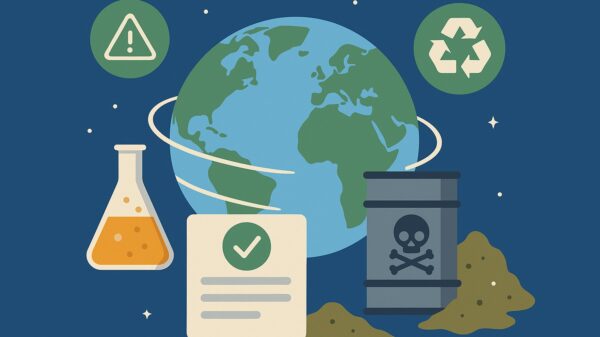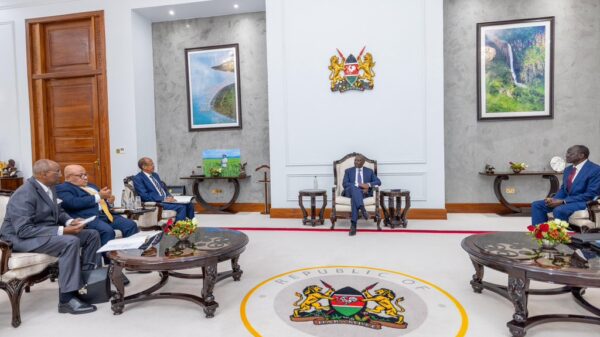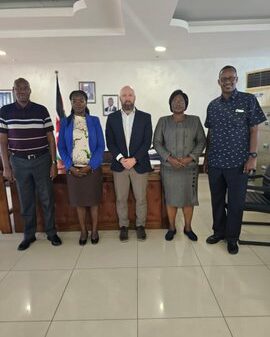NAIROBI, Kenya, Sep 18 – International Criminal Court Trial Chamber V (A) on Wednesday heard arguments on how to proceed with witness testimony in the face of Kenya’s pullout from the Rome Statute.
The Office of the Prosecutor (OTP) wants the court to give all its witnesses the protected status meaning all their identities will be withheld from the public.
“In the present circumstances we submit that the chamber should lean in favour of granting in-court protective measures for all witnesses,” Anton Steynberg submitted for the OTP.
Steynberg revealed that the prosecution had already received expressions of concern from two of their witnesses who felt that should Kenya pull out of the Rome Statute and their identities made public, they would have no course for recourse in the event of reprisal.
“I can confirm as I stand here that at least two of the witnesses who have been contacted in the week or two leading up to the case regarding their participation have specifically referred to this development in the Kenyan Parliament as reasons which have caused them great concern.”
“One of them indicated a concern that if Kenya did in fact go through and if this law was passed that he would be living in a pariah state in which international law did not apply and he would therefore have no protection,” Steynberg divulged.
Deputy President William Ruto’s defence counsel however read mischief into Steynberg’s submission and accused the OTP of attempting to keep from the public eye the gaping holes in its case.
“Those witnesses are concerned of two things in my respectful submission; one is they’ll be found out and prosecuted (for lying) the other is, when the lie is broadcast, maybe we’ll get a torrent of new information to the defence that will assist us in showing the court that they’re lying,” he countered.
The Deputy President sits behind me. Not coercively but because he believes in the rule of law. The court has to look at the rights of William Ruto.
Khan further contended that a decision not to have the majority of witness testimony aired out in the open would contravene his client’s fundamental rights as stipulated in Article 67 of the Rome Statute and deny Kenyans a chance to see for themselves that there was indeed due process.
“The Deputy President sits behind me. Not coercively but because he believes in the rule of law. The court has to look at the rights of William Ruto. It’s a criminal trial and he has a statutory right to a public hearing and those restrictions should only be to the extent necessary,” Khan argued.
Joshua arap Sang’s lawyer, Katwa Kigen, agreed with Khan that it was premature for the trial chamber to hear arguments on a Bill which hasn’t even been tabled in Parliament yet.
Presiding Judge Chile Eboe-Osuji however explained that the court was interested not in the legal implications of Kenya’s threat to pull out of the Rome Statute but the psychological effect on the witnesses.
“Even good faith debate made in Parliament in relation to an ongoing case has a chilling effect on witnesses,” he said before making it known that the three-judge chamber would issue its ruling “in due course.”



































